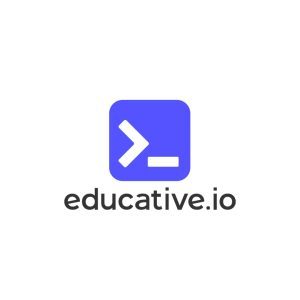GoogleCloud: Getting Started with Google Kubernetes Engine
This class is intended for the following participants: – Application developers, Cloud Solutions Architects, DevOps Engineers, IT managers. – Individuals using Google Cloud to create new solutions or to integrate existing systems, application environments, and infrastructure with Google Cloud. – Executives and business decision makers evaluating the potential of GKE to address business needs.
About this course
In this course, each module aims to build on your ability to interact with GKE, and includes hands-on labs for you to experience functionalities first-hand. In the first module, you’ll be introduced to a range of Google Cloud services and features, with a view to helping you choose the right Google Cloud services to create your own cloud solution. You’ll learn about creating a container using Cloud Build, and store a container in Container Registry. You’ll also compare and contrast the features of Kubernetes and Google Kubernetes Engine, also referred to as GKE. In addition to conceptualizing the Kubernetes architecture, you’ll deploy a Kubernetes cluster using GKE, deploy Pods to a GKE cluster, and view and manage Kubernetes objects.
At a Glance:
Institution: GoogleCloud
Subject: Computer Science
Level: Introductory
Prerequisites:
No prerequisite courses. To get the most out of this course, learners should have basic proficiency with command-line tools and Linux operating system environments, as well as Web server technologies such as Nginx. We also recommend systems operations experience, including deploying and managing applications, either on-premises or in a public cloud environment.
Language: English
Video Transcript: English
Associated programs:
Professional Certificate in Google Cloud Architect Learning Path
Professional Certificate in Google Cloud Engineer Learning Path
Associated skills:Google Cloud, Google Kubernetes Engine (GKE), Google Cloud Build, DevOps, Solution Architecture, Kubernetes, Application Environments









There are no reviews yet.